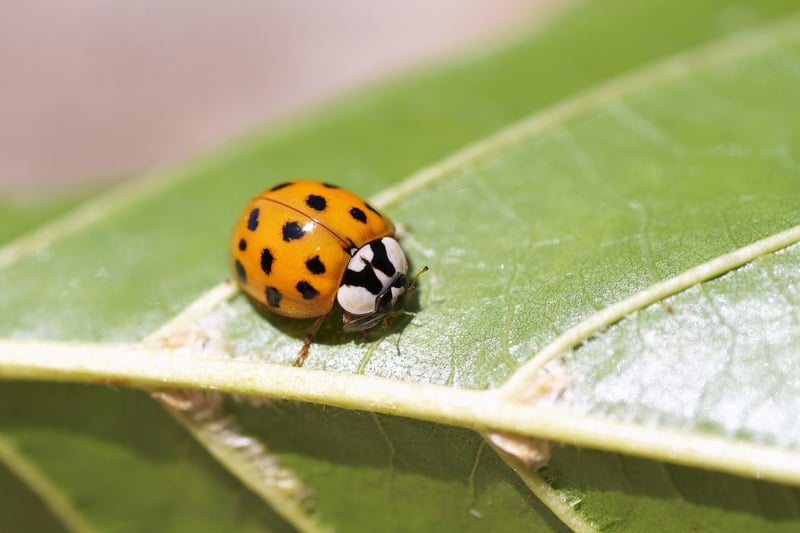Prevention Tips
Dealing with Garden Pests: Prevention Tips and Strategies
Gardening is a rewarding and enjoyable pastime, but dealing with garden pests can be a frustrating challenge for many gardeners. Whether you're growing flowers, vegetables, or herbs, pests can wreak havoc on your plants if left unchecked. However, with the right strategies and prevention tips, you can effectively manage garden pests and protect your garden. Read on to learn how to deal with garden pests and keep your plants healthy and thriving.
Identifying Common Garden Pests
Before you can effectively deal with garden pests, it's essential to know what you're up against. Some common garden pests include:
- Aphids: Small, soft-bodied insects that feed on plant sap.
- Slugs and Snails: These pests can chew through leaves and stems, leaving a trail of slime behind.
- Caterpillars: Larval stage of moths and butterflies that can munch on leaves.
- Spider Mites: Tiny pests that suck plant juices, causing stippling and discoloration.
- Whiteflies: Small insects that feed on plant sap and can cause yellowing and wilting of leaves.
Prevention Tips for Managing Garden Pests
Prevention is key when it comes to managing garden pests. Here are some tips to help you prevent pest infestations in your garden:
- Plant Diversity: Plant a variety of flowers, vegetables, and herbs to attract beneficial insects that prey on garden pests.
- Healthy Soil: Maintain healthy soil by adding compost and organic matter to promote strong plant growth and resilience against pests.
- Regular Inspections: Check your plants regularly for signs of pest damage, such as holes in leaves, discolored spots, or chewed stems.
- Companion Planting: Plant pest-repelling herbs like basil and mint near susceptible plants to deter pests.
- Natural Predators: Encourage natural predators like ladybugs, lacewings, and birds to help control pest populations in your garden.
- Neem Oil and Insecticidal Soap: Use organic pest control solutions like neem oil and insecticidal soap to treat pest infestations safely.
Dealing with Garden Pests
If you do encounter a pest infestation in your garden, here are some strategies to help you deal with garden pests effectively:
- Handpicking: Remove pests like caterpillars and beetles by hand and drop them into a bucket of soapy water to prevent further damage.
- Biological Controls: Introduce beneficial insects like ladybugs and praying mantises to help control pest populations naturally.
- Organic Sprays: Use homemade or store-bought organic sprays to treat pest infestations without harming beneficial insects.
- Barriers: Use physical barriers like row covers to protect plants from pests like aphids and caterpillars.
By following these prevention tips and strategies for dealing with garden pests, you can protect your plants and enjoy a thriving, pest-free garden all season long.

Remember, a healthy garden is a diverse ecosystem where plants and beneficial insects work together to keep pest populations in check. With proper care and attention, you can minimize the impact of garden pests and nurture a beautiful and productive garden.
